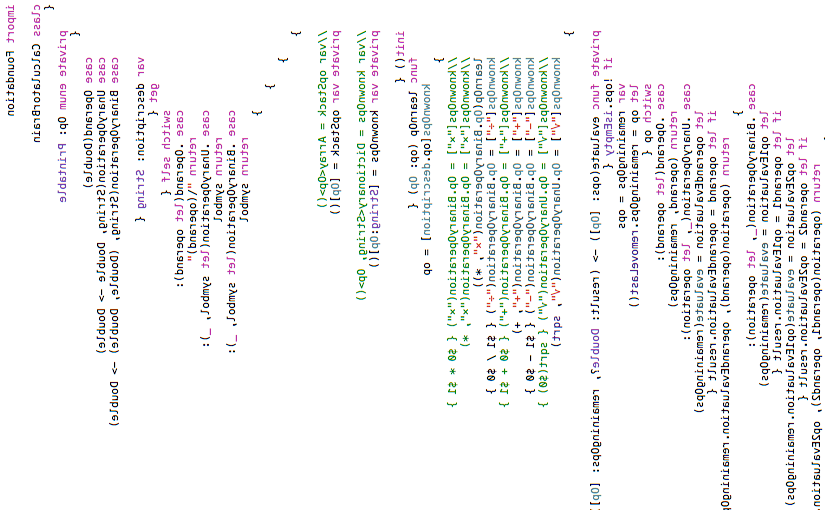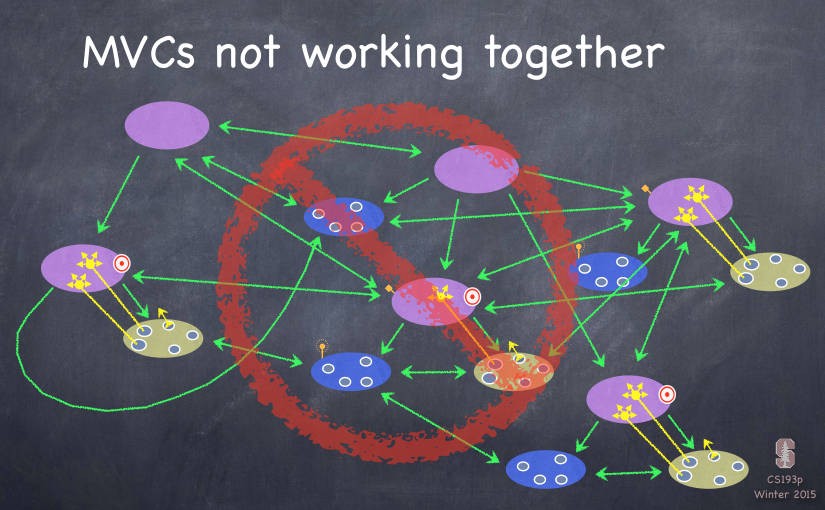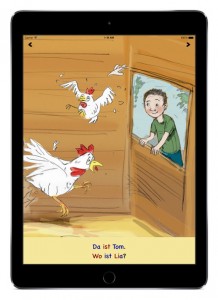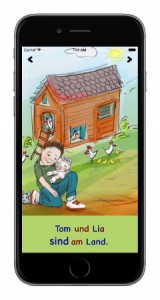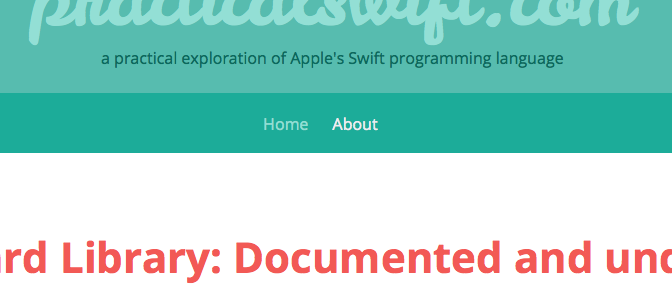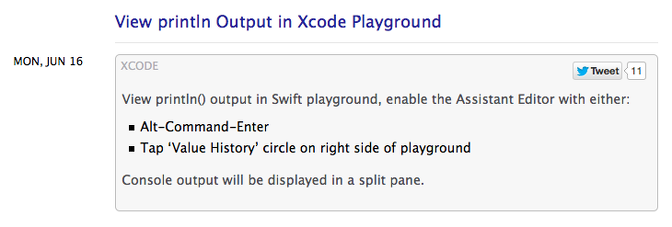Please note, this blog entry is from a previous course. You might want to check out the current one.
Lecture #3 continues the calculator demonstration, adding the model to the MVC pattern. In addition he shows how to use
- enums,
- simple initializers,
- returning optionals,
- dictionaries,
- and tuples.
The lecture is available via iTunes named “3. Applying MVC”. The code for the demo is available on GitHub.
